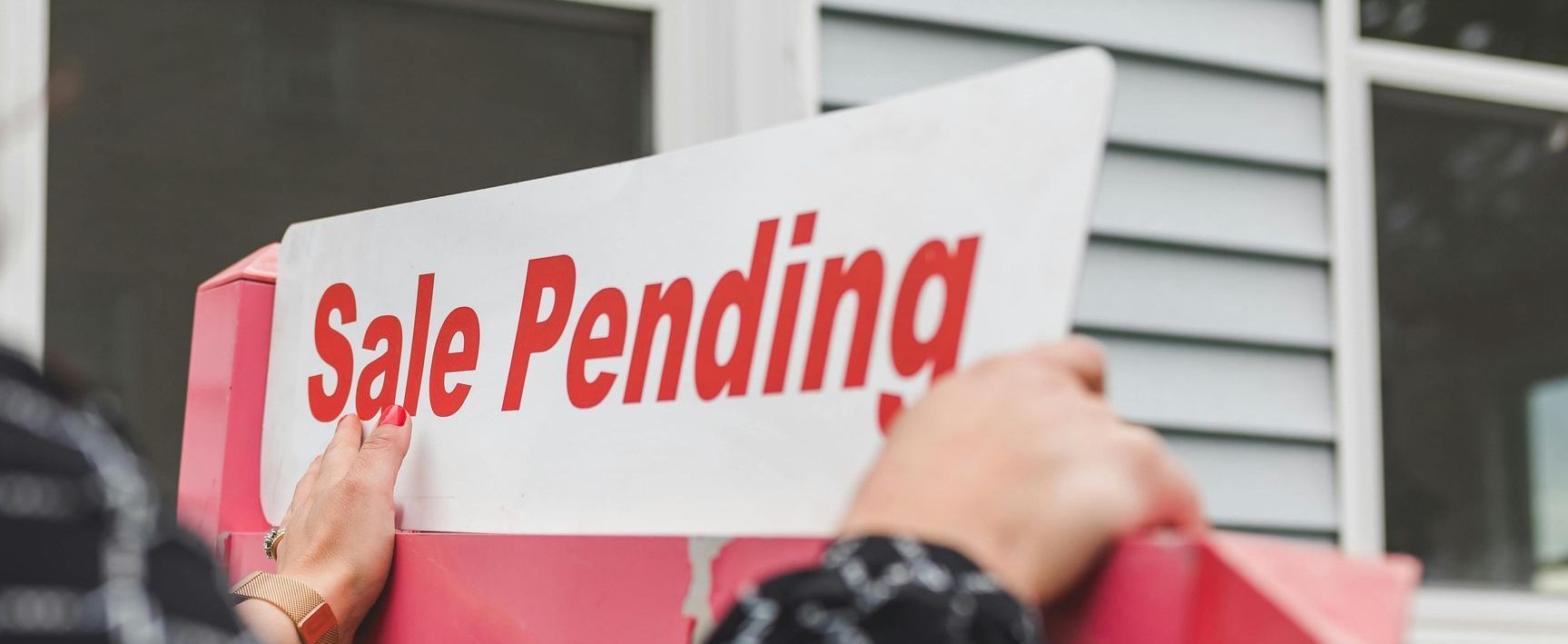Auction Advantage: How I Help Buyers Win Foreclosure Deals
Thinking About Buying a Foreclosure at Auction in NC? Here's What You Need to Know (And Why It Helps to Have a REALTOR® on Your Side)

Buying a home at a foreclosure auction in North Carolina can be a great way to score a deal—but it’s not always as simple as it sounds. From courthouse steps to upset bids and title risks, there’s a lot to keep in mind. Whether you’re an investor or a first-time buyer, here’s a breakdown of how the process works—and how I can help make it a whole lot smoother.
First, What Is a Foreclosure Auction?
In North Carolina, most foreclosures are non-judicial, meaning they happen outside of court and are handled by a trustee. After the borrower defaults and legal notice requirements are met, the property is sold at a public auction, usually right on the steps of the county courthouse.
These sales are “as is,” which means no inspections, no guarantees, and no repairs. You could be getting a great deal—or stepping into unexpected surprises. That’s where preparation (and having the right people around you) really matters.
Step-by-Step: How Foreclosure Auctions Work
- Find a Property
Look for foreclosure notices on the Clerk of Court website, in legal ads, or through trustee attorneys. I also monitor these sources and can help you identify opportunities. - Do Your Homework
Before bidding, it’s crucial to research:
- Market value (comps)
- Title issues (outstanding liens, unpaid taxes)
- Occupancy status (you may have to evict)
- Rehab or repair costs
I can help pull comparable sales and connect you with a title company for deeper research.
- Attend the Auction
Auctions are public and held at the county courthouse. You’ll need to bring a certified check (usually 5% of your bid or $750 minimum) as a deposit if you win. - Upset Bid Period
After the sale, there’s a 10-day window where someone else can place a higher bid. Each new bid restarts the 10-day clock. - Close and Take Possession
If no upset bids come in, you’ll pay the balance, get a trustee’s deed, and officially own the property. If the home is occupied, you may need to go through the formal eviction process.
Should You Use a Real Estate Agent for Foreclosure Auctions?
Yes—and here’s why:
You don’t have to do it alone.
The auction process is fast-moving and filled with legal language, timelines, and risk. As a REALTOR® with experience in distressed properties, I can help you understand the process, evaluate the deal, and build your strategy.
I help you avoid costly mistakes.
From flagging potential title issues to estimating rehab costs or identifying hidden liens, I know what red flags to watch for.
You get more than just auction help.
Many properties don’t sell at auction and become bank-owned (REO) properties. These often get listed with agents—and this is where I can fully represent you in the buying process at no extra cost to you (the bank usually pays the commission).
I’ve got the local connections.
Need a real estate attorney? Title company? Rehab contractor? I’ve got a trusted network I can connect you with so you’re never guessing your next move.
Final Thoughts
Buying a foreclosure at auction in NC can be a great opportunity—but it’s not without risk. Doing your research, understanding the process, and having someone in your corner can make all the difference.
Whether you're a seasoned investor or just exploring the idea of a fixer-upper, I'm here to help you navigate foreclosure auctions with confidence. And if auctions aren’t the right fit for you? I can help you explore other great deals, like bank-owned homes or off-market opportunities.
Thinking about diving into the foreclosure market? Let’s talk. I’m happy to walk you through the process and help you make a smart move.
Michelle Roberts is a trusted REALTOR® since 2007 helping families buy and sell real estate across Coastal North Carolina. As the founder of Reignited Real Estate, Michelle is known for her commitment to service, ethics, and community-driven solutions. She specializes in residential homes, land, and affordable housing—and proudly represents Cape Fear Habitat for Humanity in transactions pro bono. Michelle has served on the Cape Fear REALTORS® Board of Directors and led the “100 Homes in 100 Counties” initiative, investing nearly $2 million into affordable housing across the state. Whether you're buying your first home, exploring investment property, or navigating land development, Michelle offers unmatched local knowledge and a heart for helping others.
Serving Coastal North Carolina real estate buyers and sellers in: Wilmington, Wrightsville Beach, Carolina Beach, Leland, Southport, Calabash, Bolivia, Ocean Isle Beach, Sunset Beach, Holden Beach, Jacksonville, Hampstead, Holly Ridge. Surf City, Topsail Beach and beyond.
📍 Workforce Housing Specialist | Military Relocation Specialist | Graduate REALTOR® Institute | At Home with Diversity | C2EX | Luxury Housing Specialist | e-Pro | Accredited Buyers Agent
📞 Let’s connect:
www.michelleroberts.realtor





